The Whitley Awards, hosted by The Whitley Fund for Nature, takes place each year in order to give prize money to support the work of grassroots conservation leaders south of the Equator.
The seven conservationists chosen as the Whitley Awards winners will receive funding to enable them to continue working to protect some of the world’s most endangered species and at risk habitats.
2021 Whitley Award winners
Whitley Gold Award Winner
Conservationist: Paula Kahumbu
Location: Kenya
Project: Justice for people and wildlife
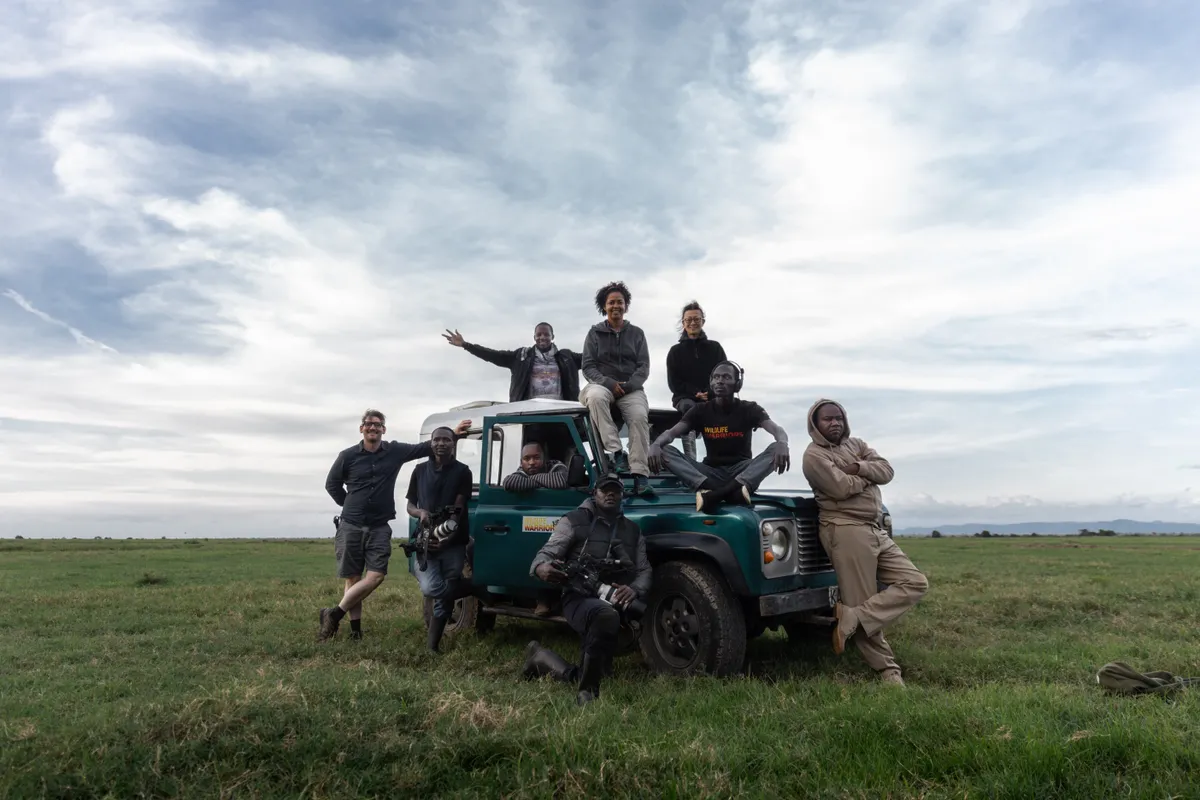
Paula is the CEO for NGO Wildlife Direct, and is the winner of the Whitley Gold Award. She is pioneering a new approach that will protect Kenya’s wildlife, while recognising Kenyans’ aspirations for economic development.
She says, “I want to see a global shift in the narrative where Africans are the storytellers about African wildlife and assume the lead in efforts to protect it.”
Remaining 2021 Whitley Award winners
Conservationist: Lucy Kemp
Location: South Africa
Project: A community-based approach to conserve the Southern ground-hornbill
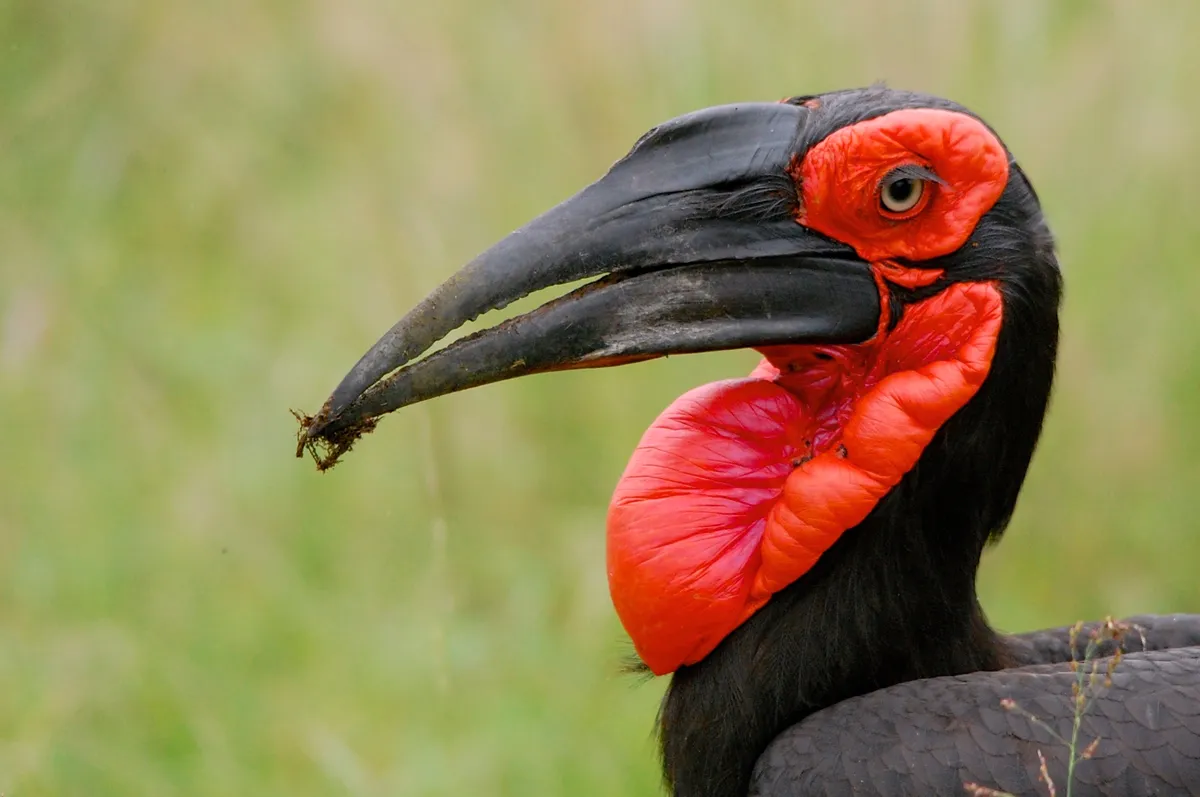
Understanding that the Southern ground-hornbill — the world’s largest hornbill species — has cultural value in South Africa, Lucy aims to align traditional beliefs with new conservation action to save this endangered bird, which has been in decline due to commercial farming.
Conservationist: Pedro Fruet
Location: Brazil
Project: Building bridges to encourage coexistence with the Lahille’s bottlenose dolphin
The Lahille’s bottlenose dolphin is endemic to the western South Atlantic, and found in only 2 isolated populations in Argentina and southern Brazil-Uruguay. Living in one of the most productive fishing grounds in Brazil (the Patos Lagoons) puts them at greater risk of extinction. There are currently fewer than 600 individuals left.
Pedro aims to reduce by-catch and raise awareness of these dolphins, and will strengthen the community’s connection to their marine environment.
Conservationist: Nuklu Phom
Location: India
Project: Establishing a biodiversity peace corridor in Nagaland
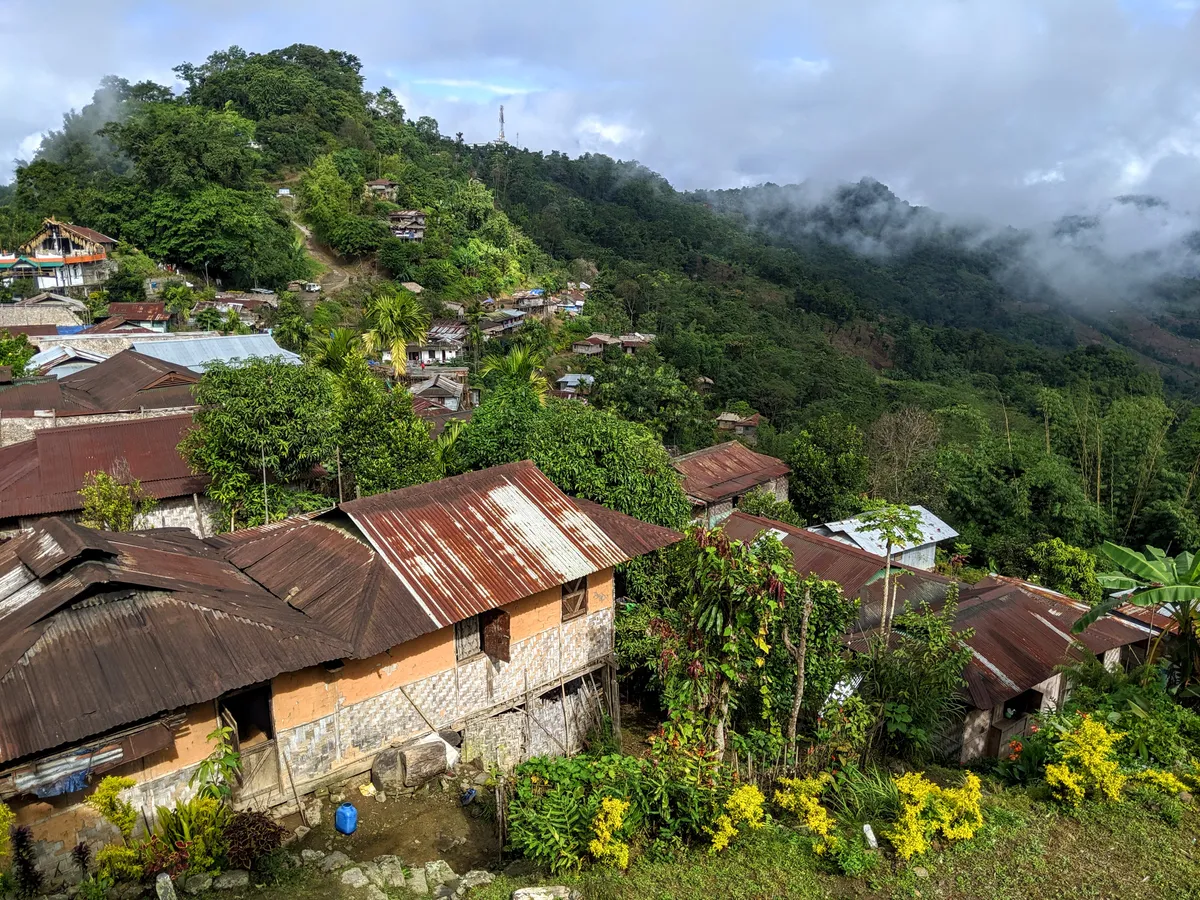
Nuklu and his team will create a network of 16 community-owned forests as part of a Biodiversity Peace Corridor to protect the rich biodiversity and culture of Nagaland, where there has been a concerning drop in biodiversity. Villagers will also be trained in sustainable land-use to reduce the strain on natural resources.
Conservationist: Kini Roesler
Location: Argentina
Project: Hooded grebe: Guardian of the Patagonian Steppe
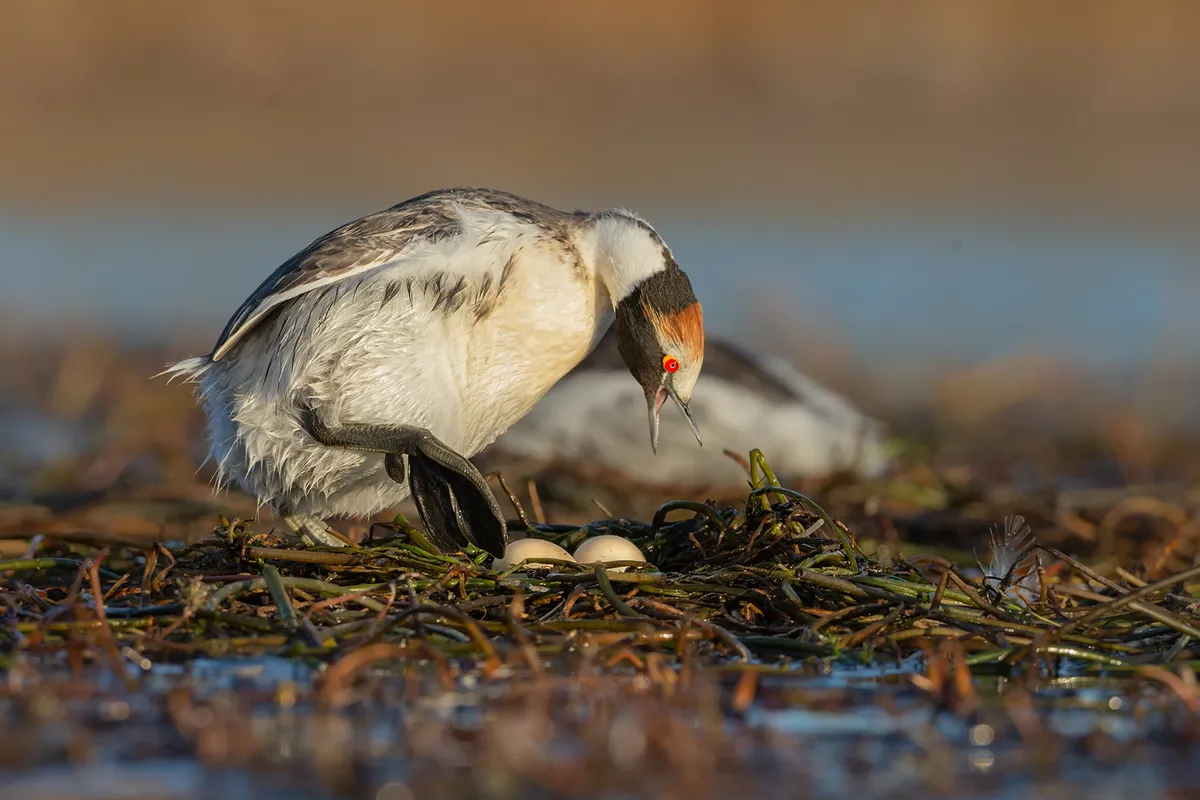
The hooded grebe has only relatively recently been discovered, and is struggling to survive the impact of invasive species and industry and are listed as Critically Endangered. Their numbers have plummeted by 80% in the past two decades.
Kini and his team are working to bring the hooded grebe back from the brink, controlling invasive chick-predating species and protecting its habitat from development.
Conservationist: Iroro Tanshi
Location: Nigeria
Project: Participatory action to save the short-tailed roundleaf bat
The short-tailed roundleaf bat had not been since in the wild for 45 years, and was thought to only occur in Cameroon and Bioko when Iroro and her team discovered a small group of 15 individuals in Nigeria in 2016. This population is the last confirmed site for the species.
The main threats facing the bats are habitat loss, cave disturbance, forest fires and humans hunting them for bushmeat.
Iroro will identify roosts for protection and address the reasons behind the bats’ decline, working with communities to replace fruit bat hunting with alternative sources of protein, establish a wildfire early warning system and emergency taskforce, and find alternatives to agricultural burning.
Conservationist: Sammy Safari
Location: Kenya
Project: Transforming the future of sea turtles through coastal stewardship
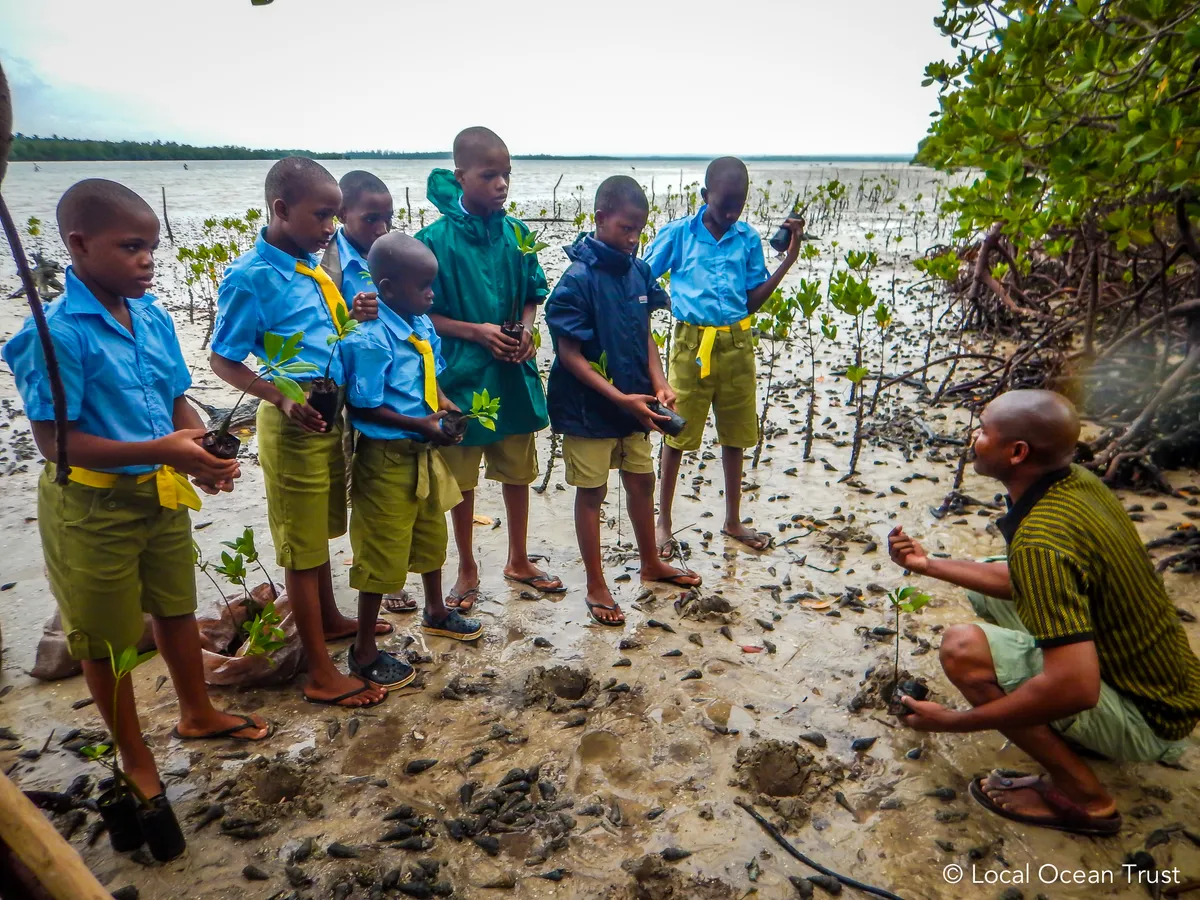
Pressures from the economic fallout of Covid-19 has impacted the lives of the small fishing community of Coastal Watamu in the Malindi Watamu Marine National Park and Reserves. Having previously enjoyed a tourism boost accounting for up to 50% of income, the community now faces widespread unemployment, which has placed further pressure of natural resources with a surge in illegal fishing, high risk of mangrove cutting, and the poaching of endangered turtles.
Sammy will develop alternative livelihoods that are less reliant on natural resources, and increase efforts through anti-poaching teams to reduce illegal poaching and by-catch, and replant at least 5,000 mangrove seedlings to restore lost habitat. Working with the community, he will also focus on local stewardship and female engagement in resource management.
